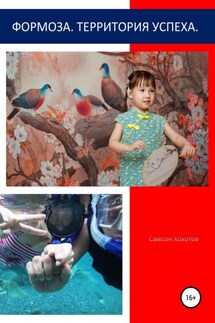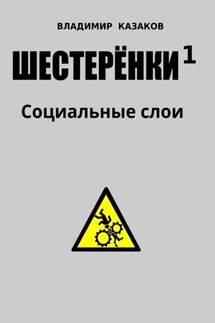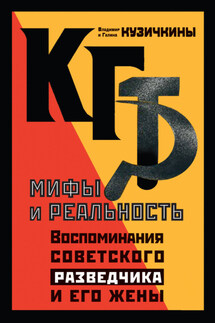Formosa. Country of success - страница 9
Xin Tse-yun perished, but the offensive was repulsed.The grenade thrower Li Fusheng can deservedly be called the "Hero of the Island's Defence".
This young soldier, a former peasant, became a tank-eliminating specialist. With several grenades suspended on him, he fearlessly rushed towards the Japanese tank and threw a bundle of grenades under its tracks.
During the last Japanese offensive in the southern part of the island, Li Fusheng was wounded six times. The front command awarded the brave grenade thrower and promoted him to Junior Commander.
Machine gunner Wang Pinglu became famous in battles in the central part of the island. Armed with a light machine gun, he crawled up to the enemy battery and killed its crew. The gun battery thus eliminated allowed the liberation troops to launch a swift attack. His heroic deed is still honoured. The feat of another hero fighter, Tszyu Shiyun, was simply amazing. He and his detachment set up an ambush on the enemy, with a task so important, that should his platoon be revealed, it would entail the failure of the entire operation. They
After winning the protracted fifteen-year war with Japan, which claimed the lives of millions of Chinese, Chiang Kai-shek decided not to detain prisoners in China. One million, three hundred thousand Japanese soldiers and officers were repatriated. He also did not take reparations from Japan. But most importantly, he strove to eliminate the reasons that divided the two nations – Chinese and Japanese.
After the communists came to power in 1949, patriotic films about the struggle of the Chinese guerrillas in the Japanese-occupied territories flooded the screens of China. And of course, this struggle was led by the communist revolutionaries.
In reality, the Communist Party had been gradually penetrating the regions where there was no military force and order. Japanese troops were stationed unevenly and only partially controlled the territory they had conquered from the Kuomintang. These areas became ideal environments for the expanding communist movement. The US assisted the government in military matters, though cooperation was complicated by mutual mistrust and disputes between Chiang Kai-shek and the American general Joseph Stilwell. After winning the protracted fifteen-year war with Japan, which claimed the lives of millions of Chinese, Chiang Kai-shek decided not to detain prisoners in China. One million, three hundred thousand Japanese soldiers and officers were repatriated. He also did not take reparations from Japan. But most importantly, he strove to eliminate the reasons that divided the two nations – Chinese and Japanese.




![Bo][ing Day истребить «колхозника»](/uploads/covers/fe/bo-ing-day-istrebit-kolhoznika.jpg)



